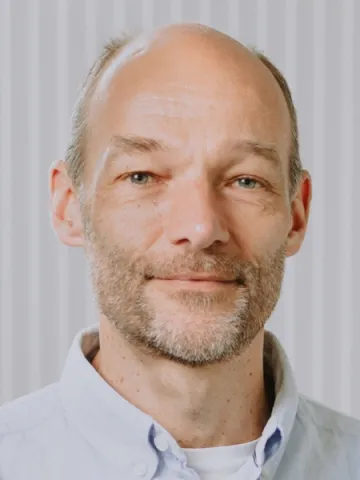About the project
Atom interferometry uses laser light to split, steer and recombine atomic wavefunctions, and promises inertial and magnetic field sensors of exquisite sensitivity. Practical realization requires a combination of photonic and atomic physics with optimal control techniques borrowed from magnetic resonance. This project involves experimental construction, computational optimization, and field testing.
Quantum inertial sensors, based upon atom interferometry, use pulses of laser light to split, steer and recombine atomic wavefunctions with precision and fidelity, promising major improvements in sensitivity, bias and scale factor stability for applications from navigation to geological survey.
However, intensity variations across a laser beam and the motion of atoms even at microkelvin temperatures can limit sensor performance. To solve similar problems, magnetic resonance uses computationally-designed phase and amplitude shaping within each pulse.
We have already applied these optimal control techniques to design individual ‘mirror’ and ‘beamsplitter’ pulses for atom interferometry, yielding impressive improvements in control fidelity.
So far, however, we have only addressed individual interferometer pulses; optimization of a full interferometer sequence would be both more effective and more closely aligned to optimization of the inertial measurement overall.
In this project, you’ll join our small team to work on a combination of experimental development, optimal control theory, computational optimization and field trials for our prototype atom interferometric rotation sensor: the balance of experiment, theory and computation will be matched to your strengths and interests.
There will be opportunities to work with international optimal control experts and partners from the Quantum Technology industry, to use the facilities of Southampton’s nanofabrication cleanrooms and Institute for Sound & Vibration Research, and to undertake practical trials at the National Oceanography Centre Southampton.
The project will help you to develop skills and expertise in
- quantum technologies
- atomic and laser physics
- computational optimization
- digital modelling
- microfabrication
- photonics
- imaging
- control and instrumentation.
